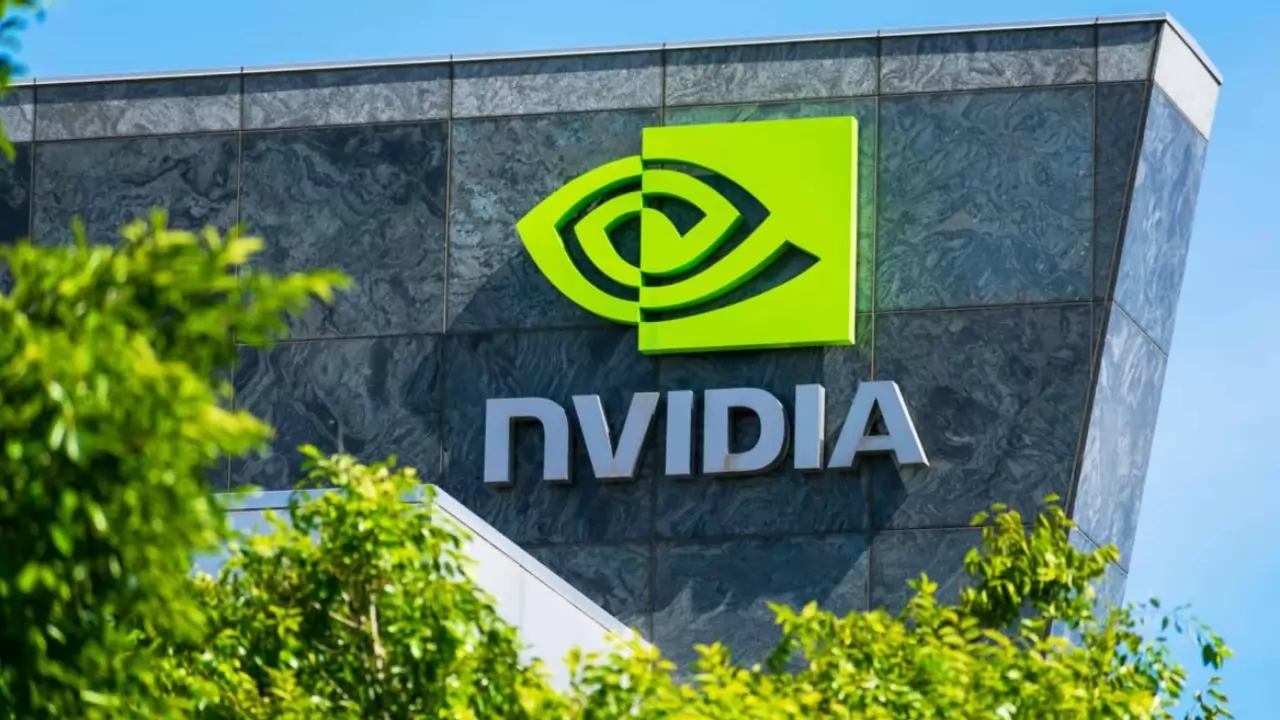
Brandhopper
During an economic forum at Stanford University, Nvidia's CEO, Jensen Huang, expressed his anticipation that the pinnacle of artificial intelligence (AI) breakthroughs could materialize within the next five years. Huang suggested that the prospect of computers possessing human-like thinking and decision-making abilities may be imminent.
Responding to a question about the trajectory of AI advancements, Huang highlighted the key determinant being the objective in mind. Specifically, if the goal is to surpass human performance in various tests, he believes artificial general intelligence (AGI) might be achievable within the next five years.
In elaboration, Huang stated, "If I gave an AI... every single test that you can possibly imagine, you make that list of tests and put it in front of the computer science industry, and I'm guessing in five years time, we'll do well on every single one." Currently, AI demonstrates proficiency in tests like legal bar exams but faces challenges in specialized medical assessments, such as those in gastroenterology. However, Huang expressed confidence that within the next five years, AI should be capable of excelling in a broader range of tests.
Nevertheless, Huang acknowledged the complexity of achieving AGI by alternative definitions, considering ongoing scientific research into the intricacies of the human brain. He noted the difficulty of attaining this goal as an engineer due to the inherent need for defined objectives, especially when understanding the intricacies of the human brain remains a subject of ongoing scientific exploration.
Addressing concerns about the infrastructure supporting the AI industry's expansion, Huang responded to inquiries about the necessity for more chip factories, commonly referred to as "fabs." While acknowledging the need for additional fabs, he highlighted the parallel improvement in AI chips through continuous research, indicating a potential slowing down of manufacturing demands over time.
Huang emphasized, "We're going to need more fabs. However, remember that we're also improving the algorithms and the processing of (AI) tremendously over time." He underscored the dynamic nature of AI evolution, where advancements in both hardware and software contribute to the industry's growth.





Copyright © 2025 Top Indian News
